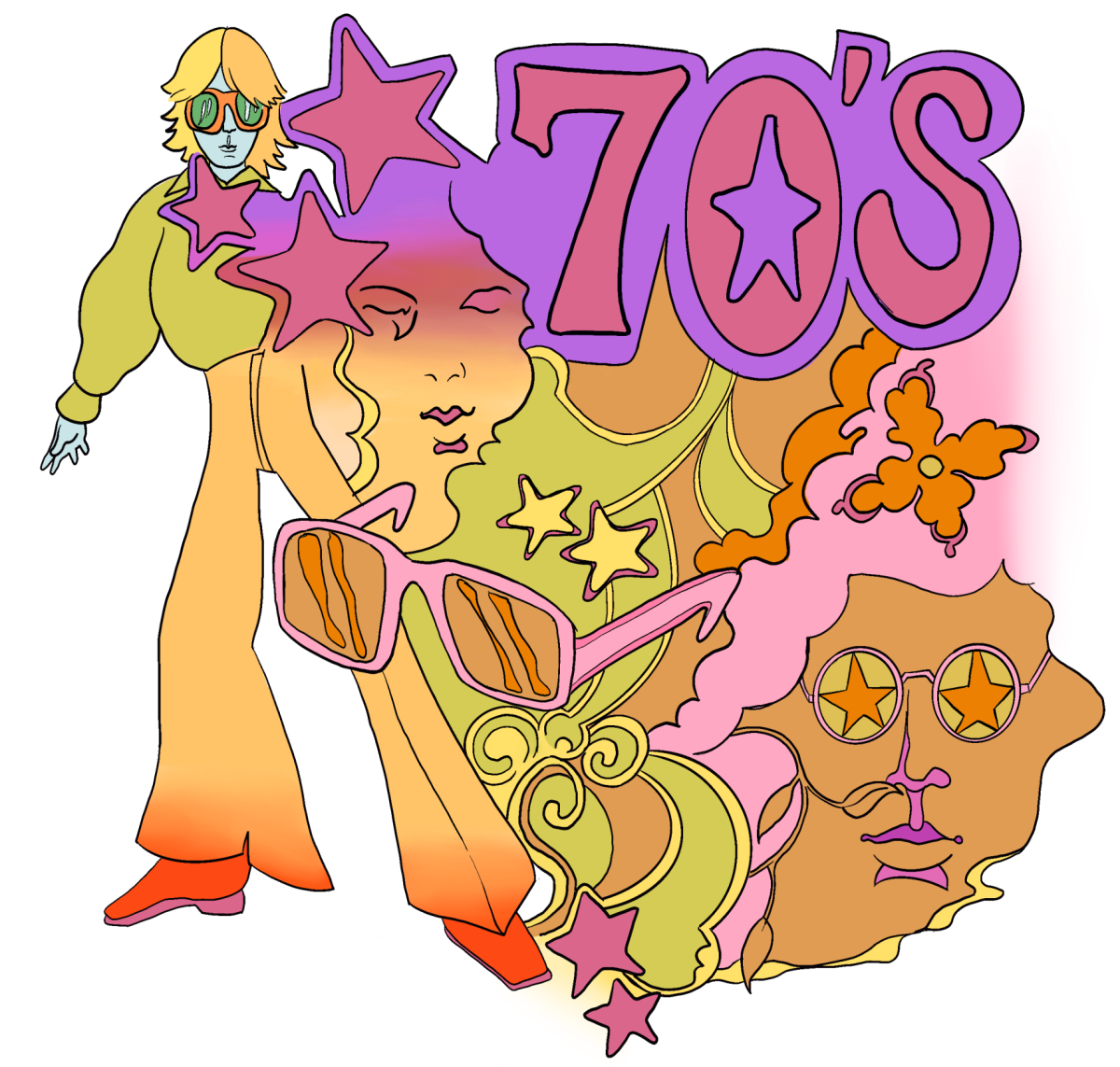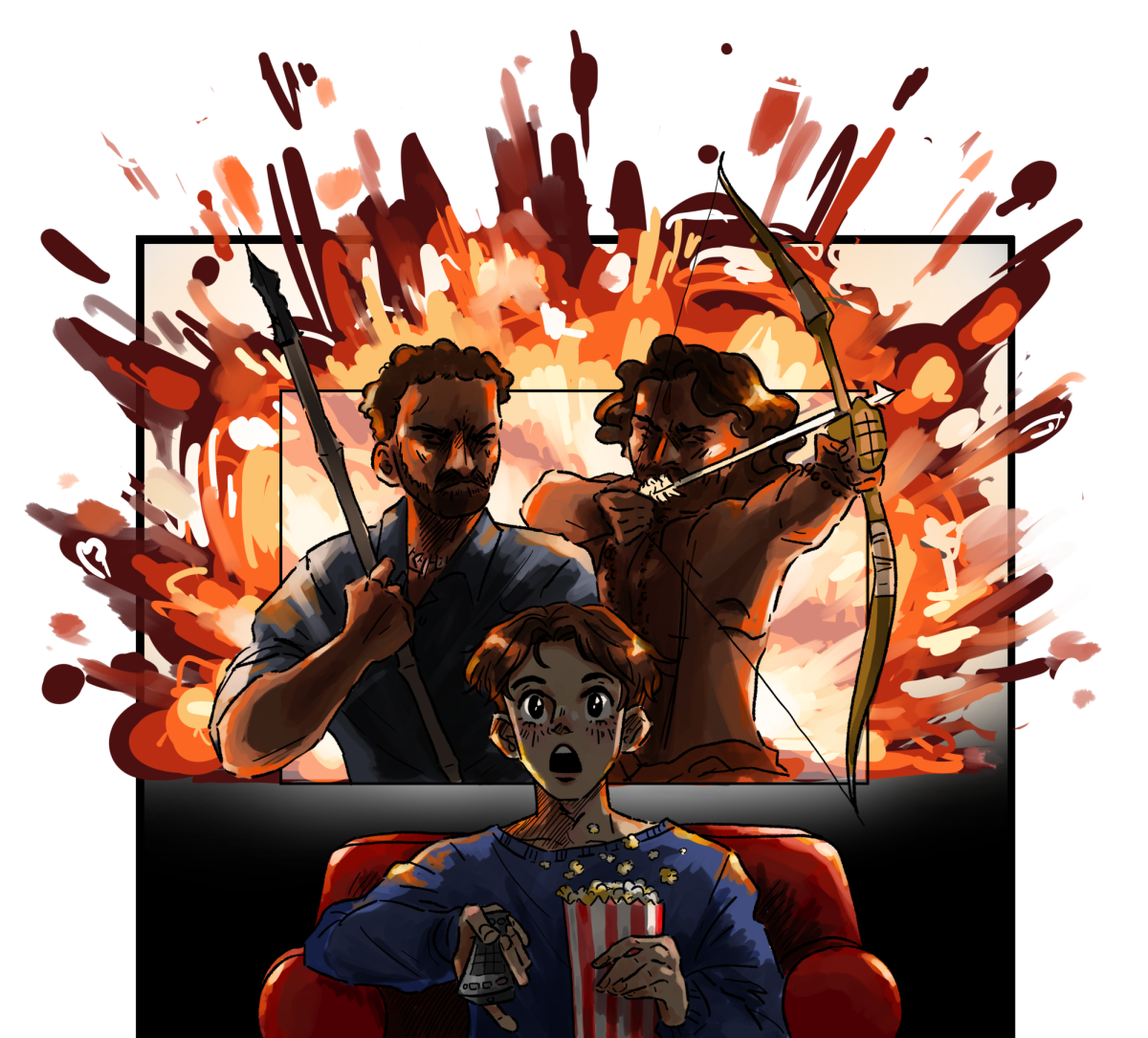For some, participating in the small-town community of Walla Walla is not a vital part of creating a home away from home at Whitman. However, Walla Walla has created an imprint on the lives of some Whitman alumni, such as alumnus Daniel Clark ’65.
Born and raised in Walla Walla, Clark has lived in Walla Walla for roughly 60 years. After attending the University of California, Berkeley for a post-graduate degree in 1968, Clark returned to Walla Walla with his wife Barbara in 1971 and has lived here ever since. When deciding where to live after moving around the Bay Area, Walla Walla provided the perfect community for Clark and his wife.
“We said we wanted a small college town that was far away from the cities and that would have its own culture. Barbara fell in love with Walla Walla and living here has been wonderful,” said Clark.
Clark was involved with many activities on campus and also began many activities that are still engaging students today. In 1963, Clark started Whitman’s first men’s soccer team, challenging Walla Walla Community College. He also began both a chapter of President Eisenhower’s People to People program and the intercultural club at Whitman, encouraging cross-cultural intelligence for students. A political science major, Clark was also a part of Whitman’s Political Union club, which staged mock political debates.
Whitman had five fraternities and five women’s fraternities when Clark attended, and he participated in the Beta Theta Pi fraternity.
“Everything revolved around the fraternities and sororities. As a townie, that was my integration into campus,” said Clark.
The fraternities at that time were involved in intramurals sports, planning dances and other college activities, but were not as involved with community service as they are now. The college as a whole was also less involved with the community and the world at large than it is now.
“There was not a lot of community service in those days, so the folks at Whitman could not get plugged in with the community nearly as much as they do now, which has been a great change,” said Clark.
Living a mere two blocks from campus has allowed Clark to witness how the layout of the campus has changed. When he attended Whitman, Clark helped build what is now Jewett Hall. Penrose Library and the Hall of Science buildings have drastically expanded, and the Student Health Center has moved three times. Clark’s son was even born in Walla Walla General Hospital, today North Hall.
When Clark moved back to Walla Walla in 1971, he began to witness the gradual change of the Walla Walla community at large. While he was growing up, Walla Walla had a downtown that was the center of the community. When he moved back, the malls started to come in, and the unity of the town center began to collapse. However, with the development of the wine industry, the town has gathered itself and created a bustling town center.
“There are some people who say they want the community to grow, but what do they want to be? Yakima? The quality of life that we have in Walla Walla is very rare, and those who think that increased population size is the way to the good life, I think, are very mistaken,” said Clark.
Both Clark and his wife have been highly involved in the development of the community. Barbara developed the Walla Walla 2020 program, which is a four-part plan that has provided programs that have been the backbone of the Walla Walla community.
“We try to brainstorm what we would like our community to look like in the year 2020. We look at what elements of that are already here but might be degraded, and what elements aren’t here that we need to bring,” said Clark.
This program has four integral goals: Create a green community through planting trees and landscaping, create a more human-centered community through public transportation and walking and biking paths, create a strong civic center, and create a city that lives lightly on the land by recycling and instituting waste reduction. These plans have created the Farmers’ Market, have made recycling available to the community, have created bike trails and walking maps, and have helped restore the historical significance of Walla Walla.
“I have undertaken, along with Barbara, many civic initiatives over the years, and many have been successful. If we were in Seattle or Portland, we would not have had the chance to take those opportunities,” said Clark.
With approximately 60 years of Walla Walla residency, Clark has been an integral part of forming the community and has also observed the transformations within Whitman over the years. Walla Walla has made an immeasurable imprint in Clark’s life, just as it may for current Whitman students.








